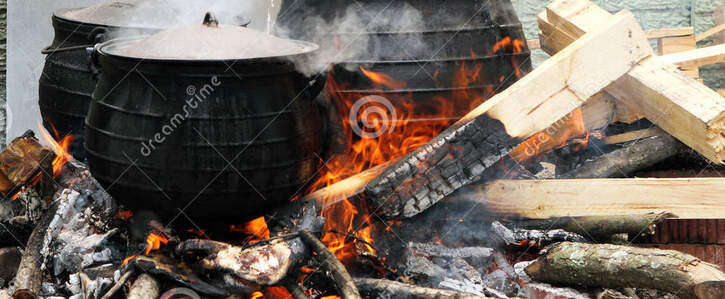To: ECOWAS Chair and AU Chairperson
Shift the Africa continent away from dirty coal and toward renewables by 2017

1. Support through relevant legislation to enhance demand, strengthen supply and create an enabling environment.
2. Working together to address key barriers such as affordability, quality of cook stoves, consumer education, access to finance, policy regulation and sustainable supply of clean cooking fuel.
3. The need to build a solid system that thrives on partnerships within and outside the sub-region to enable the free flow of resources and innovation into the sector.
2. Working together to address key barriers such as affordability, quality of cook stoves, consumer education, access to finance, policy regulation and sustainable supply of clean cooking fuel.
3. The need to build a solid system that thrives on partnerships within and outside the sub-region to enable the free flow of resources and innovation into the sector.
Why is this important?
Climate Change presents a growing challenge to both men and women. Its negative effects are hitting low income households and poorest people in the rural parts of Africa which women constitute a major part
of. Over dependence on fuelwood and other traditional methods for cooking also has immense negative impact on our forest, as well as causes death of our women and children due to health hazards and in addition worsening the impact of climate change”.
The time spent collecting fuel is time not spent on income-generation, education or other activities. In fact, cooking has become one of the most dangerous daily activities for women in the developing world. Toward a solution while women bear a disproportionate burden, they’re also critical to clean cooking solutions – solutions as potentially transformative as bed nets and vaccines have been in fighting diseases like malaria and polio. Also, clean cookstoves can empower women, providing significant opportunities for income generation and entrepreneurship. The clean cookstove value chain offers new pathways for women’s economic empowerment. Women can participate in, own businesses around and earn income from marketing, distribution, sales and related enterprise that involves cooking, like restaurants and street food vendors.
of. Over dependence on fuelwood and other traditional methods for cooking also has immense negative impact on our forest, as well as causes death of our women and children due to health hazards and in addition worsening the impact of climate change”.
The time spent collecting fuel is time not spent on income-generation, education or other activities. In fact, cooking has become one of the most dangerous daily activities for women in the developing world. Toward a solution while women bear a disproportionate burden, they’re also critical to clean cooking solutions – solutions as potentially transformative as bed nets and vaccines have been in fighting diseases like malaria and polio. Also, clean cookstoves can empower women, providing significant opportunities for income generation and entrepreneurship. The clean cookstove value chain offers new pathways for women’s economic empowerment. Women can participate in, own businesses around and earn income from marketing, distribution, sales and related enterprise that involves cooking, like restaurants and street food vendors.
